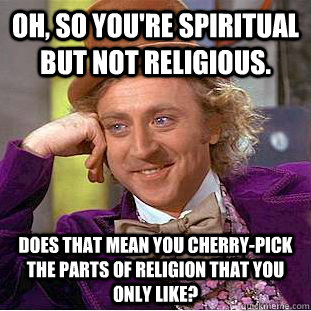What Will We Do in the World Beyond?
In considering the Bahá’í teachings, one is inevitably beckoned to contemplate the profound and multifaceted question: “What will we do in the World Beyond?” This inquiry invites an exploration not merely of an ephemeral existence after death, but rather an inquiry into the very nature of the soul, the purpose of our earthly journey, and … Read more








